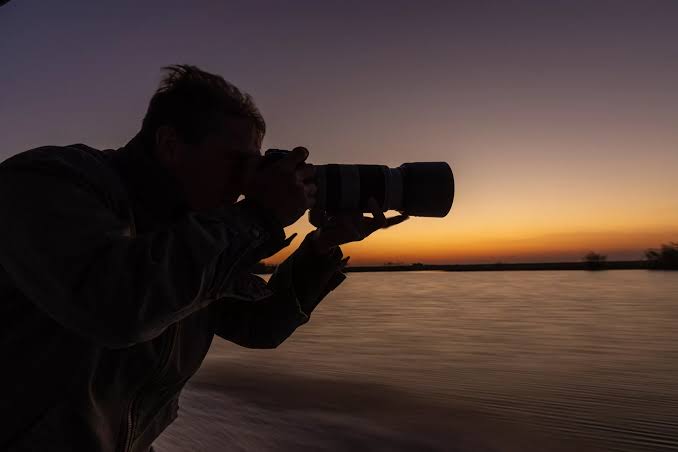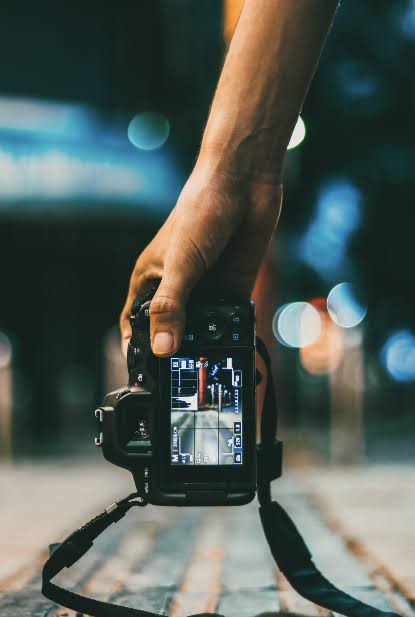
Walk through Instagram on a Sunday afternoon and you’ll see it: perfectly edited portraits, cinematic wedding reels, street-style photo dumps from Lagos Mainland to Maitama. These aren’t just pictures. They’re proof that photography in Nigeria isn’t just alive—it’s thriving, digital, and strategic.
But as the global photography industry evolves—powered by AI, NFT art, drone tech, and mobile storytelling—where does Nigeria stand?
Let’s talk about it.

The Global Photography Shift: From Hobby to High-Tech Hustle
Globally, photography has become more than “say cheese.” Today’s visual storytellers are part artist, part entrepreneur, part techie. Photographers now work with AI editing tools, license their photos on stock platforms, and even mint work as NFTs.
Some build entire brands just from iPhone photos. Others shoot for global campaigns while living in remote towns. In short, photography has left the gallery and entered the gig economy.
And Nigeria? We’re catching on—fast.
Why This Matters: Images Are Now Currency
From Lagos fashion photographers like Stephen Tayo making waves internationally, to Abuja-based wedding photographers commanding millions per shoot, visual storytelling is now a full-blown economic engine.
Here’s the bigger deal: photography is now central to business, branding, and culture. Influencers need content. Brands need campaigns. Events need memory keepers. Everyone is online—and visuals drive the clicks.
Nigeria, with its rich visual identity and culture, has a competitive edge. But we need to harness it better.
Challenges Still in the Frame
- Access to Equipment – Quality cameras, lenses, and lighting gear don’t come cheap. Most creatives start with borrowed gear or entry-level tools and hustle their way up.
- Training and Tech – Formal photography schools are limited. Many learn through YouTube and workshops, but advanced skills like product photography, drone usage, or AI-based retouching are still underexplored.
- Recognition & Pay – A brilliant photographer might shoot a viral campaign and still struggle to get paid on time—or fairly. Clients love the outcome, but not the invoice.
Yet, amidst these odds, Nigerian photographers continue to show resilience, creativity, and innovation.
Photography as a Tech-Enabled Career Path
Thanks to smartphones and editing apps, photography has become more accessible. But tech doesn’t stop at filters.
We’re seeing:
- AI tools that auto-edit and organize photos.
- Cloud platforms that help photographers manage clients and deliver work.
- Stock marketplaces where African photographers can sell authentic African visuals (yes, we’re tired of seeing “Africa” represented by random safaris and clay pots).
Startups that build tools specifically for Nigerian photographers—from retouching software to booking platforms—could unlock massive potential.
In Conclusion: Not Just a Side Hustle, But a Legacy
Photography in Nigeria has gone from darkroom mystery to digital power tool. It’s helping shape culture, define brands, and capture history in real-time.
But beyond snapping for likes, there’s a bigger picture: photography as intellectual property, as business, and as legacy.
Because in the end, it’s not just about taking pictures—it’s about making Nigeria visible to itself and the world, one frame at a time.













